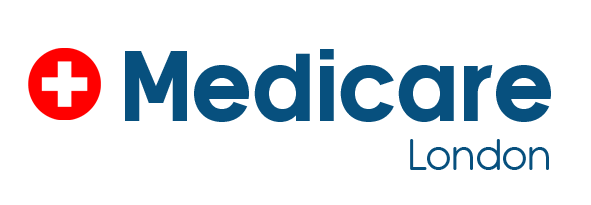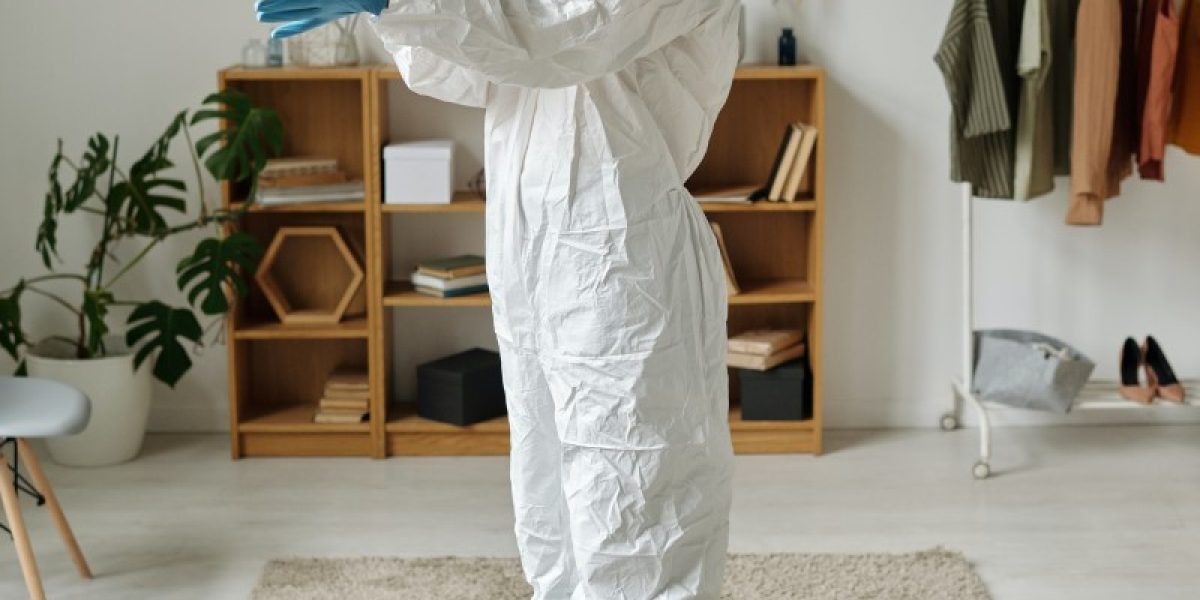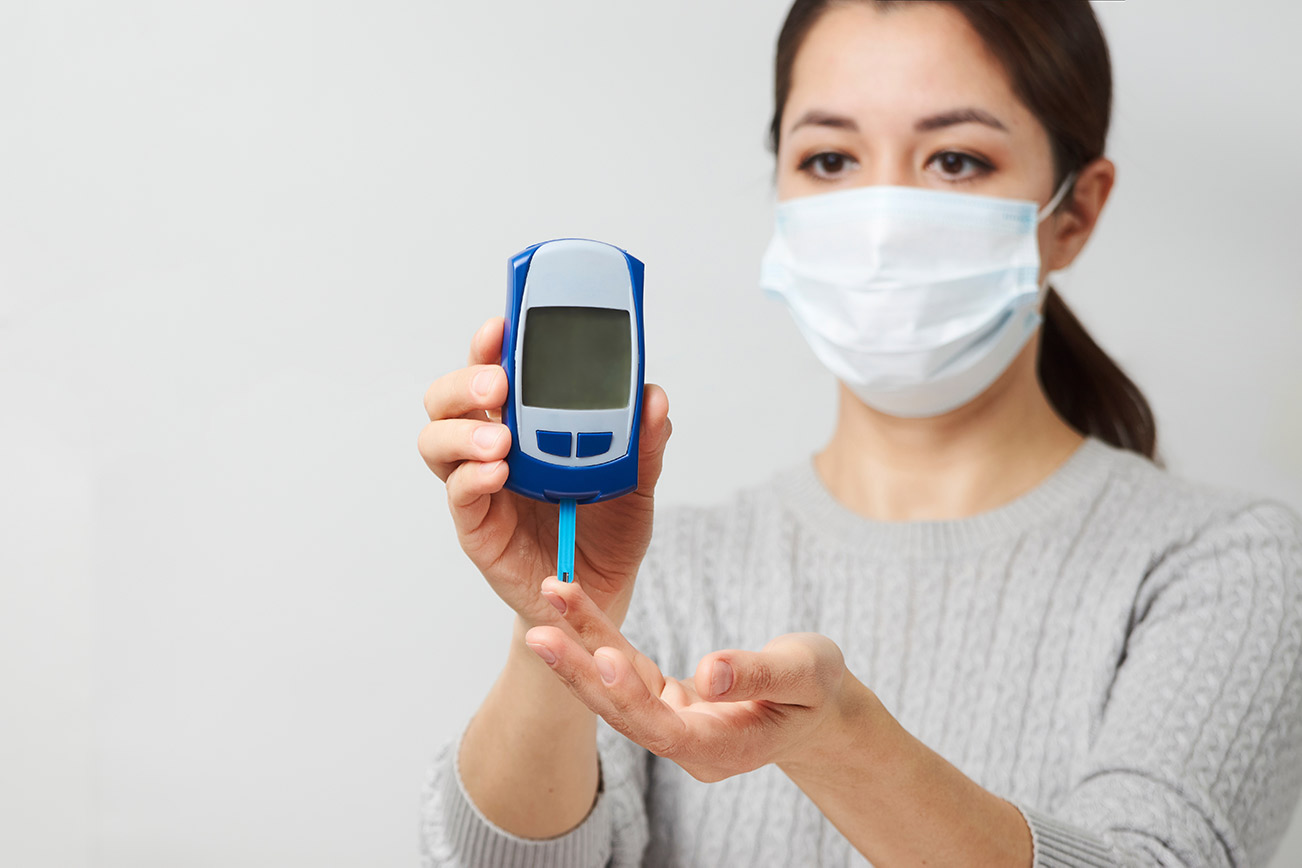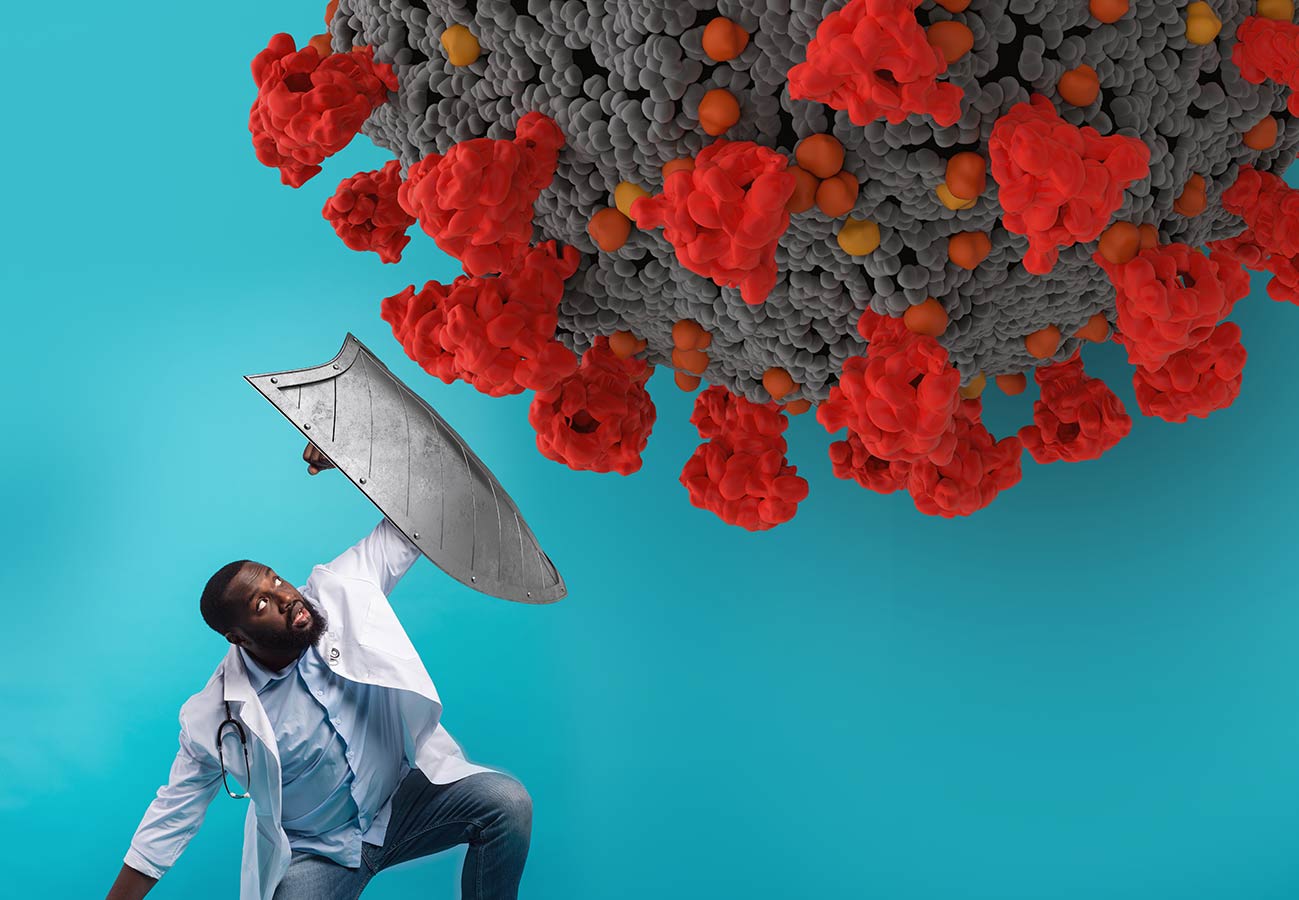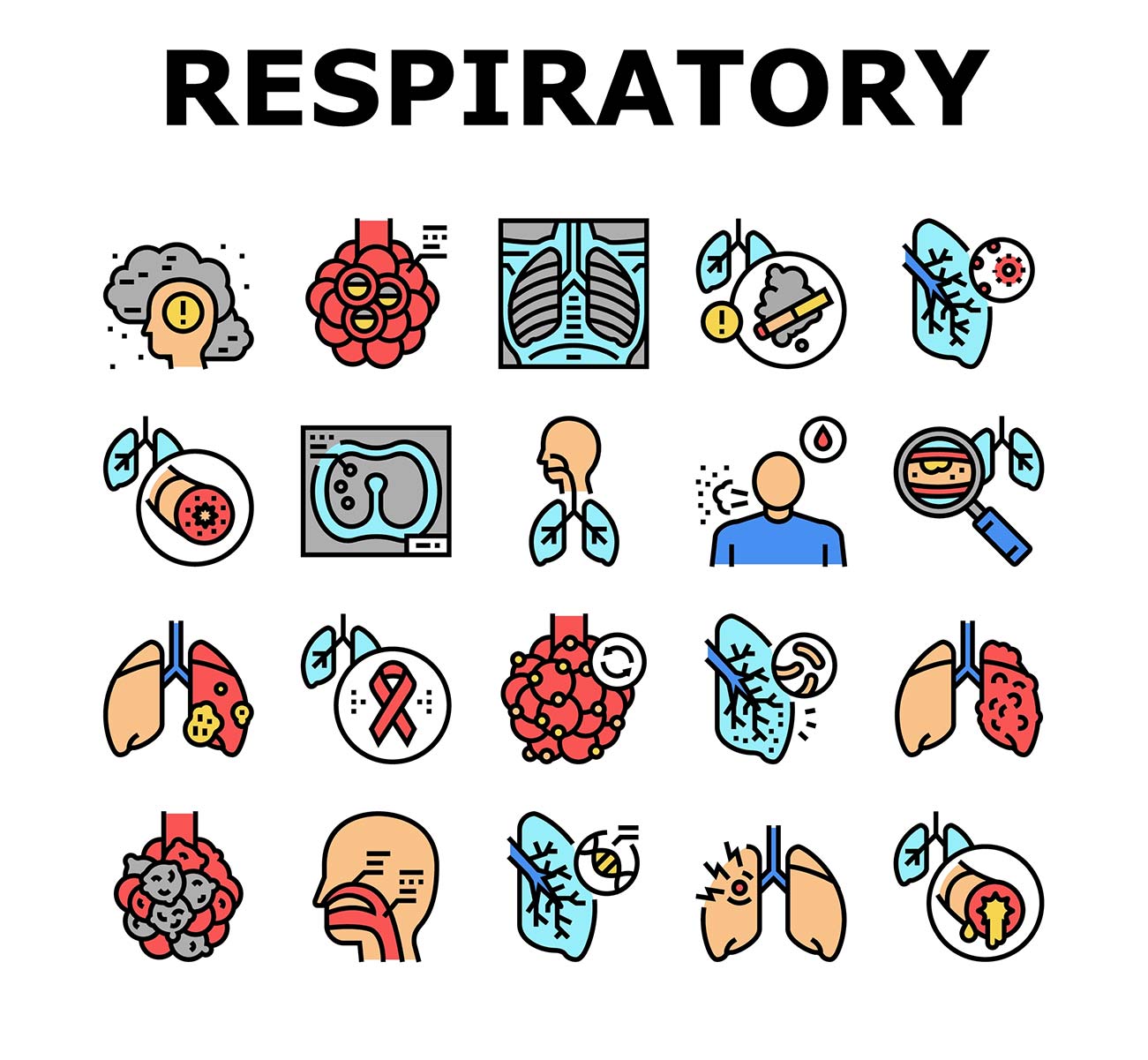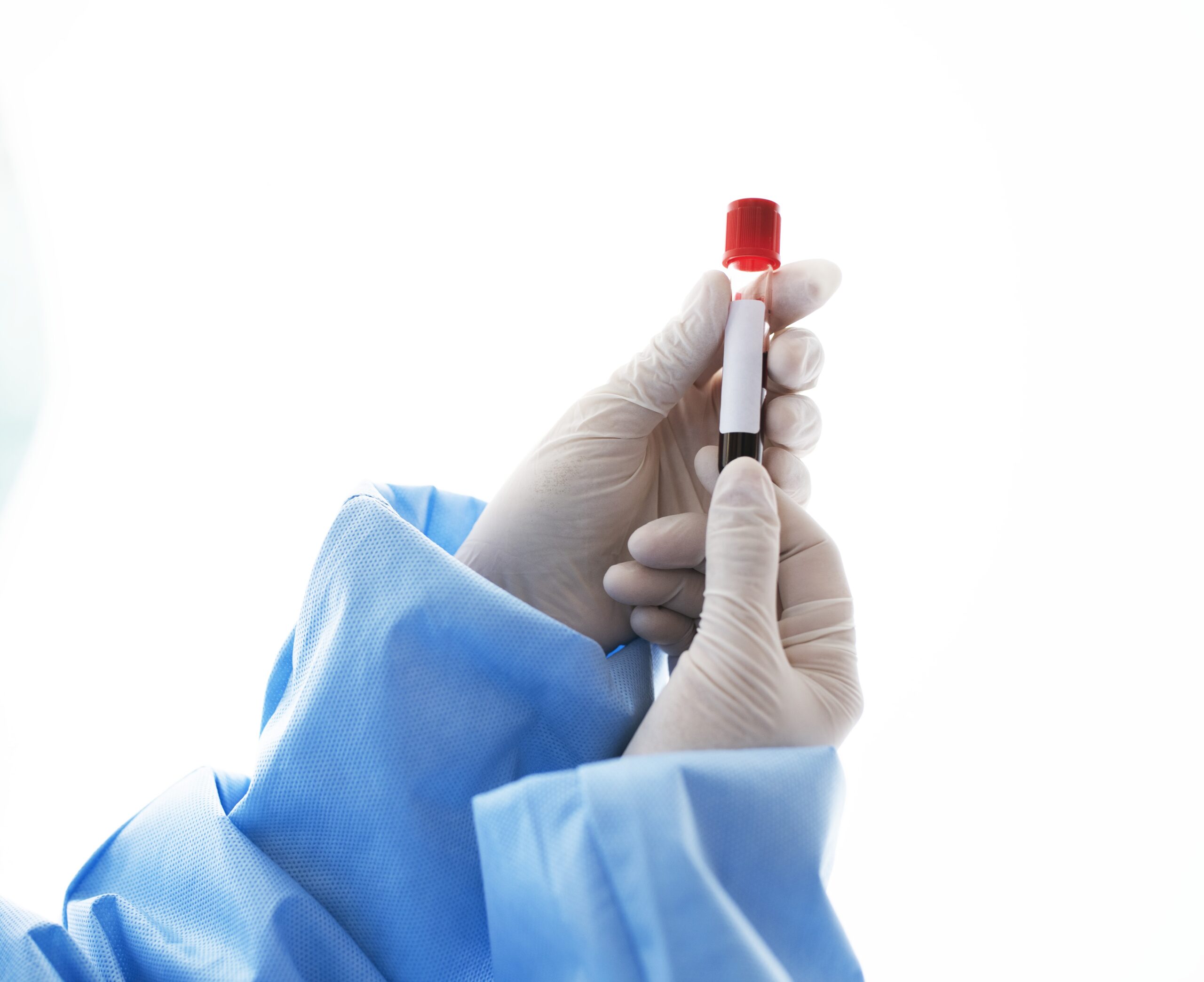Personal Protective Equipment is an essential protective gear that shields us from infection or virus transmission. The kit is worn mainly by medical personnel and frontline workers. These kits do not only safeguard healthcare workers such as doctors and nurses. It also aids in the mitigation of the spread of harmful diseases and viruses like the covid-19.
Personal protective kits are a must-have for health care providers, particularly the frontline workers. Since the outbreak of the covid-19 pandemic, new devices have emerged to keep us safe and shielded from the virus. These kits have grown in importance and popularity due to their relevance to health care workers.
These personal protections serve as aids in the fight against the malicious virus. It helps prevent the contagious covid-19 virus from spreading from one person to another. It has served as a safeguard for medical personnel who face the challenge of physical contact with infected patients. Its full-proof construction ensures total protection and prevents infection from leaving and entering the body. The kit includes coveralls, face shields, gloves, goggles, headcovers, masks, and boots to ensure total protection from head to toe. Every piece of the protective gear is designed to cover and protect a specific body area.
The importance of personal protective equipment for people on the front lines of the covid-19 response, particularly health workers who are at high risk of infection, cannot be overemphasized. They risk getting covid-19 and perhaps spreading it to their families and communities when they do not wear the correct combination of the PPE. This puts a strain on healthcare systems since the more healthcare employees test positive for covid-19, the lesser care services for patients are available.
We all know that proper PPE, regular handwashing, social distancing, and indoor ventilation are measures for limiting covid-19 spread. These must continue because, while vaccines and other covid-19 tests, such as the 5-day tests and release, offer protection, they are insufficient to prevent transmission. Health workers experience various challenges as they spend most of their time in PPE kits. These challenges are listed below.
Challenges of delivering care in PPE
Physical Effects
The discomfort of wearing a personal protection kit all day is felt majorly by nurses and older workers. Tight masks resulted in facial pain, bruising, rashes, dry skin, breathing difficulties, migraine, and irritability. The effects were so severe for some workers that they requested a transfer to non-covid wards. Increased temperature and dehydration are common issues in long PPE gowns since they are hot and sweaty.
Practical Procedures
Providing care in a PPE kit for some workers is stressful. Putting on and taking off PPE slows down the delivery of care. Collecting blood samples from random patients and those who book a covid test London and equally palpation during medical checkups was less effective when putting on multiple layers of gloves. Goggles forming fog when performing medical functions like intubation and anesthetic administration can be frustrating and stressful.
Communication and connection
PPE limits physical touch and facial expressions, making it difficult for health practitioners to build any connection with patients during physical sessions. Patients who are elderly and have problems with hearing have communication issues since they rely primarily on lipreading. Outside the covid-19 quarters, workers wearing PPE use mobile radios as a means of contact with coworkers.
There are other challenges such as insufficient PPE provision, inconsistent guidance, and a lack of preparation on its usage. Despite the severe physical impacts, logistical issues, a lack of secured break time, and communication hurdles connected with wearing PPE, health workers continue to provide care to patients.
Even if a PPE pack provides total protection, there are still possibilities that we and health providers face exposure in a hospital setting, as a result, we must remember to take additional precautions to reduce the risk of contamination. Instead of going to hospitals for covid tests, we can get the PCR home test kit, which is accessible and affordable.
